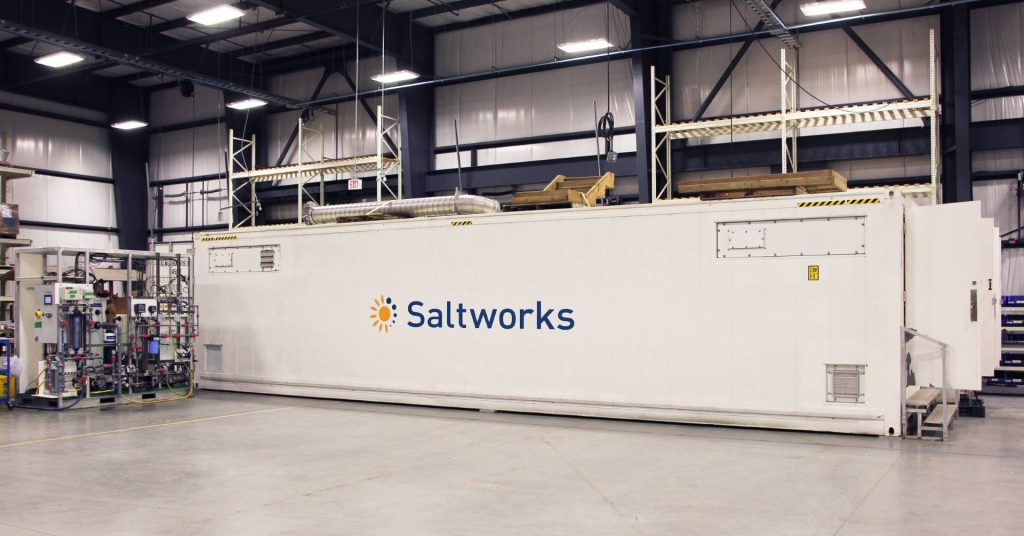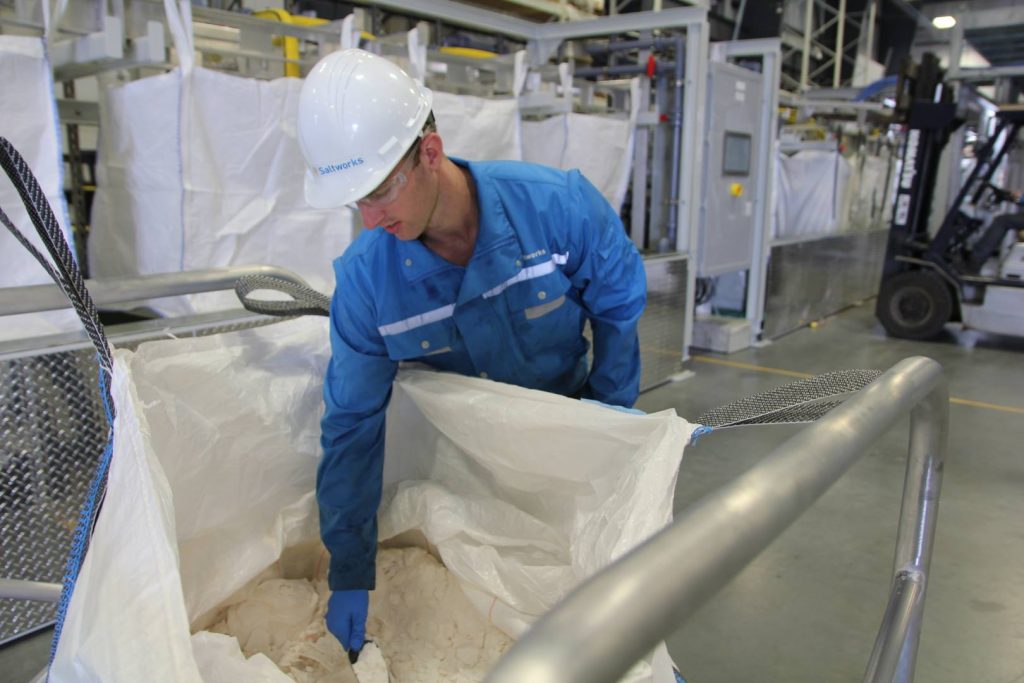The Need
Approximately 87% of BC’s natural gas production is from the Montney Play in the Northeast Region. Natural gas and oil production co-produces a large volume of saline water that requires treatment and/or disposal. Disposing of the highly saline-produced water (formation water that flows to the surface with gas ) from Montney Play production is both challenging and expensive as much of the water must be trucked to disposal sites.
Energy companies spend approximately $180 million per year on a combination of ponding, reuse and transporting produced water from the Montney Play. This is expected to increase as the industry grows to meet forecast energy demand increases.
Project Goals
This Energy project fits under Geoscience BC’s Strategic Objective of Advancing Science & Innovative Technologies and our goal to:
- Improve economic competitiveness of the Montney Play through advanced science and innovative geoscience technologies.
Specifically, this project involved:
- Upgrading and commissioning the AirBreather pilot for zero liquid discharge (ZLD) operation with the objective of producing industrial salt for re-use;
- Completing 20 days’ operation at Saltworks facility using representative water samples; and
- Analyzing AirBreather pilot results, salts produced, salt reuse applications and economics to enable full-scale AirBreather AB-100 ZLD deployment.
Project Benefits
The AirBreather was designed to allow the capturing of waste heat on the production site and use it to reduce the volume of highly saline wastewater. This would either return clean water, which could be reused, or produce clean water vapour that operators could safely release into the atmosphere resulting in ZLD.
This made-in-BC technology would offer both financial and environmental benefits. AirBreather was estimated to offer 30% cost savings over traditional disposal methods. The reduction in water volume would mean fewer vehicles driving to and from production and disposal sites, leading to reduced emissions and improved safety.
Survey Area
Testing took place at Saltworks’ Richmond, BC, facility using produced water from a variety of locations in the Montney Play that were trucked from BC’s Northeast Region over several months.
What Was Found
The project focused on the treatment of Montney Formation produced waters with air humidification-dehumidification (HDH) evaporation technology. This enables use of heat generated by engine jacket or compressor jacket cooling water (a moderate 80-90 oC) to evaporate and treat saline water. At the pilot plant, propane was used to replicate the waste heat at the production site.
The liquid water produced after treatment was clean and met all BC Aquatic Life Water Quality Guidelines. Naturally occurring radioactive material in the brines was successfully pre-treated using sulphate to precipitate barium sulphate as a sludge that was removed.
Two of the three brine samples produced salt that met Transport Canada’s road salt specifications for >95% calcium-sodium chloride without ‘deleterious’ substances. The third sample produced salt that was too elevated in sulphate levels to meet these requirements. These purity requirements are also in place for other industrial applications such as the pulp and paper sector. The results showed that only waters with low sulphate levels would be suitable for industrial salt production.
Although the pilot technology achieved its solid salt production goals, the HDH technology is not recommended for widespread implementation of achieving ZLD at this time. It can however reliably produce a concentrated brine (30-40% salt solution) without significant operator intervention. To produce solid salt, a notable amount of operator attentiveness and continuous tuning of wash cycles is required to prevent scaling and crusting. This is deemed to be unsustainable by operators in the field. If HDH technology is used to generate concentrated brines, further investigation into the impacts of disposing of these brines into water disposal wells would be required.
As an alternative for ZLD of Montney-produced water in BC, it is recommended to use forced circulation vacuum evaporative crystallizer technology. However, the researchers also note that the cost of this technology is not currently commercially attractive when compared to the costs of produced water disposal.


